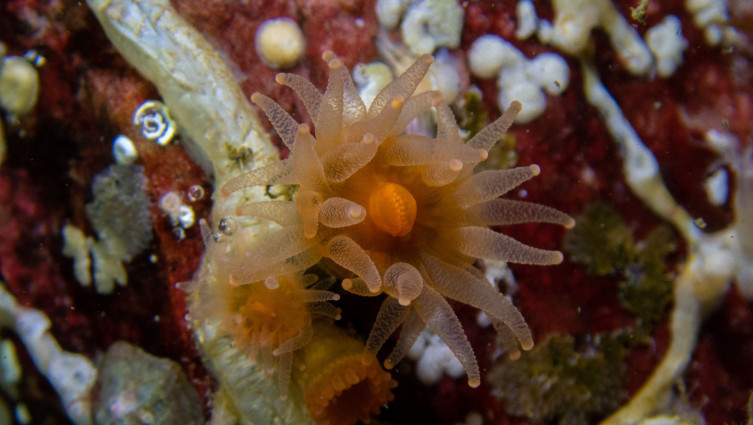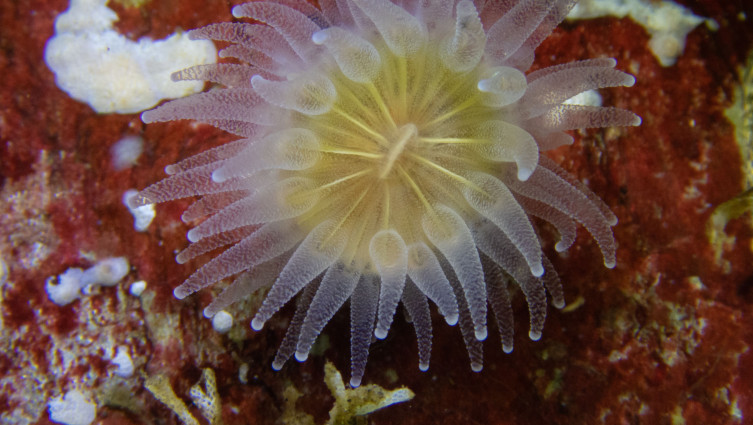Researchers confirmed that hard corals originated in deep water and colonized their way to the surface.
The research team studied, for the first time, the evolutionary history of Scleractinian corals, also known as hard corals, in relation to the depth at which they live, covering several species that have evolved over about 415 million years.
Ana Campoy, a CCMAR researcher, and her team explained that the first corals originated in deep waters, at depths of more than 200 meters. These corals are different from those that form extensive reefs in tropical waters, such as the iconic Great Barrier Reef. These ancient corals were solitary, meaning they didn't form colonies or reefs, and because they lived in a dark environment, they also got their food by catching different forms of plankton suspended in the water.
But the question remained: how did corals come to colonize the world's oceans?
Using a phylogenetic tree, the researchers analyzed the relationships between species, considering whether the corals had a symbiotic relationship with microscopic algae called zooxanthellae, and whether they were colonial or solitary. They soon understood that the depth preferences of corals were closely linked to their characteristics: corals with zooxanthellae prefer shallow, clear waters (these waters have minimal organic matter and the algae provide food through photosynthesis) and colonial species tend to live in shallower areas, while solitary corals dominate deeper zones.
The study concluded that the onset of symbiosis with zooxanthellae triggered rapid colonization of corals and success in shallow waters, whereas colonization of deeper waters was much slower. They also found that colonial and non-zooxanthellate corals showed remarkable agility in colonizing different depths, particularly shallower waters.
The study not only provides invaluable insights into how marine life has adapted over millions of years, but also guides us in conserving these vital marine ecosystems for future generations, as the increasing colonization rates coming from deeper zones may indicate a conservation opportunity.
While the research looked at 513 hard coral species, representing only a fraction of the approximately 1,500 known species, it provided a pioneering approach to understanding species movements along environmental gradients, such as depth, latitude or altitude, and paves the way for future investigations.






